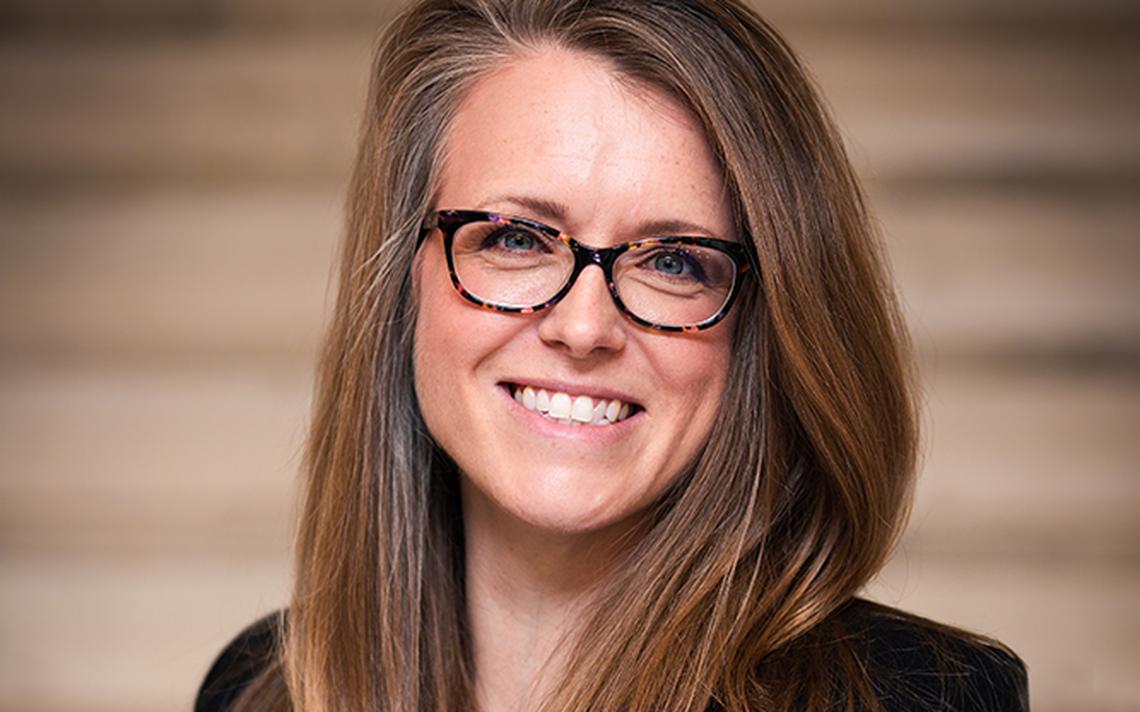If all goes as planned, South Dakota public school teachers and students should find it easier to teach and learn social studies topics in the coming years.
The proposed South Dakota Civics and History Initiative is just getting started, but hopes are high that the effort will result in deeper, more vibrant teaching and learning of those two topics.
“Our young people will soon be the voters and leaders in our cities, counties, schools, country, and state,” said Secretary of Education Tiffany Sanderson in a release on April 8. “Quality education in our history and how our government works is essential.”

Sanderson and Gov. Kristi Noem announced on April 8 that the application process for the new civics and history pilot program was now open to teachers, schools and districts across the state.
It is the first tangible step in the initiative that is expected to take about two years to complete and which is budgeted at $900,000, the amount proposed by the governor and approved by the Legislature in its 2021 session.
The process will include four separate efforts aimed at improving teacher training in those subject areas, offering new materials to enhance curricula, creating a depository of history information and materials, and reviewing instructional materials to improve alignment with existing social studies standards.
The initiative process will begin after the state Board of Education Standards finishes its regularly scheduled review and update of state social studies teaching standards, which happens every seven years. That process will include creation of a roughly 50-member committee that will review the existing standards approved in 2014, suggest any updates, hold four public hearings on the existing standards or proposed revisions, and finally enact any revisions as they see fit sometime in 2022. Those standards include both civics and state history, which are the focus of the new statewide initiative, but the two processes are separate.
The goals of the existing social studies standards as stated in department documents are “to ensure graduates of South Dakota’s public schools have the knowledge, skills, and competencies essential to leading productive, fulfilling, and successful lives as they continue their education, enter the workforce, and assume their civic responsibilities.”
The first part of the new initiative that will begin soonest is a pilot grant program that will provide a total of about $200,000 in total funding to individual teachers, schools or districts in South Dakota that want to experiment with new ways to improve teaching of civics or history. The grant-application process opens on July 1, 2021, and grant projects will be approved by the Department of Education to begin in the fall 2021 and wrap up by July 2023.
The pilot programs will encourage creation of repeatable efforts to improve teaching methods, develop new teaching materials, provide real-life experiences for students or create opportunities for students to participate in civic discourse on issues.
“These pilot grants provide flexibility for schools to identify needs for material or programs,” Sanderson said at an education standards meeting in Rapid City on March 26. “This is an opportunity for schools to say where we would like to strengthen our own social studies program, or is there professional development they’d like to seek to help strengthen the work they do in the classroom?”
The second part of the initiative, the most expensive part at an estimated cost of $550,000, is a materials-development effort that is expected to create an online repository of historical photos, videos and other artifacts that teachers can access anytime to enhance teaching of civics and history.
“Currently, there is no South Dakota-specific material housed in one place,” Sanderson said. “Teachers have to go out and find those on their own and they aren’t necessarily comprehensive for all South Dakota history, geography and our government.”
The website could be similar to the North Dakota Studies Program website that includes a wide range of historic, geographic and civic information about North Dakota that educators and the public can use for free at any time. The site also includes detailed curriculum information for teachers in fourth, eighth and high school grades as well as links to the state archives, the state geological survey and several museums and historical sites across the state. The North Dakota site includes a way for the public to learn about what is being taught and how when it comes to history, civics and geography.
The North Dakota website has been in operation for about a decade and cost about $1 million to create and maintain over that time, said Danielle Stuckle, education outreach coordinator for the state historical society. The website averages about 150,000 page views per month, Stuckle said.
“We view this as marketing for our state historic sites as well as delivering content to schools,” Stuckle wrote in an email to News Watch. “It is popular with schools as it is a free curriculum … so it saves schools money by not having to pay either for textbooks or a subscription fee for online content.”
The final two parts of the South Dakota initiative, both estimated to cost $75,000, are still in development. A professional development program will provide online and in-person training sessions for teachers, and an instructional materials review program will kick off in 2022 and encourage school districts to review their history and civics materials and try to align them better with state teaching standards.
Final decisions on what materials or teaching plans are offered in the initiative will be made by a panel of experts and stakeholders who have not yet been chosen, the education department said.





